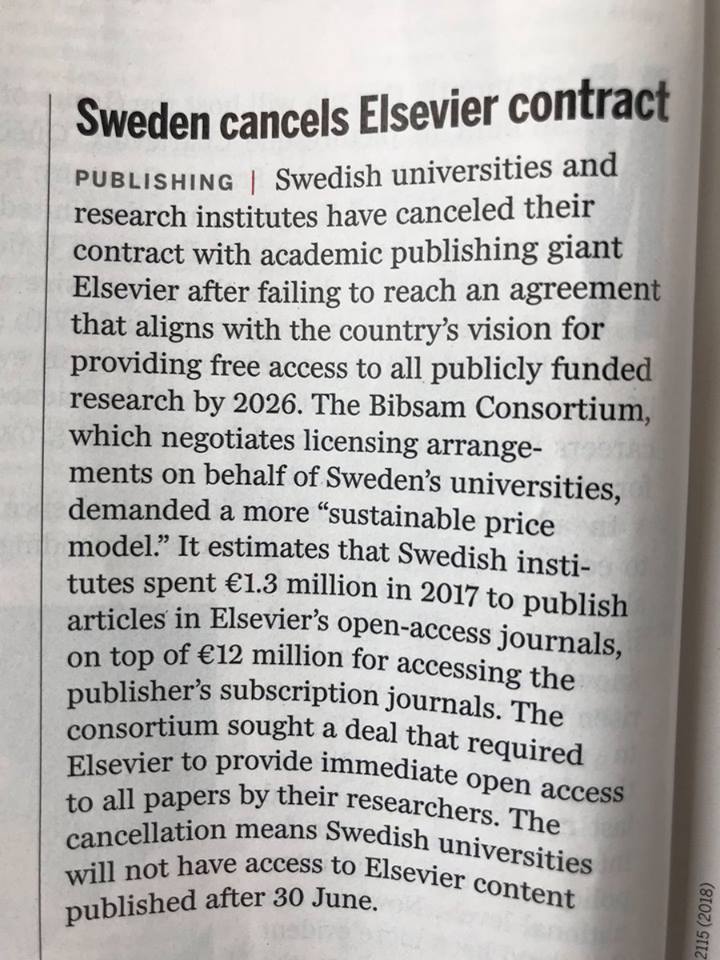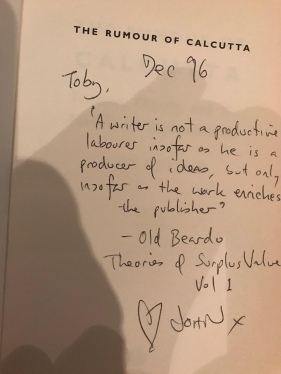Was helping a colleague find a place for a journal article. I thought a one day turnaround was rapid – its unlikely the article was read, only the abstract (and even then misapprehended). What seems to be going on is a funnelling system designed to entrap younger researchers into open access pay to publish (even after not being paid to write):
For future reference (the tricks and traps in publishing a getting more and more dubious).
Article is sent to journal. A day later the article is praised by the editor but regrettably not suitable for the journal, but perhaps could be placed in x series. Two days later, a personal message from some assistant editor of an previously unheard of series:
Dear L xxxx, I think your paper could be of particular relevance to Cogent Social Sciences (indexed in Web of Science Emerging Sources Citation Index (ESCI), Scopus, International Bibliography of the Social Sciences (IBSS), Directory of Open Access Journals (DOAJ), amongst others), and I would be very pleased should you decide to take us up on this offer. Please email transfer@cogentoa.com with your existing manuscript ID number (this can be found in the subject line of this email) to automatically transfer your manuscript, or if you have any further queries. Please also let us know which Cogent journal you would like to transfer to in this email. I look forward to hearing from you.
The message is signed, the links check out, Taylor and Francis are not exactly pretending to be completely altruistic – but I find it very dubious that younger researchers are offered this. I’ve never had such a letter, and frankly, if I’d got one I would kick off much more than you can see in this little squib about my colleague (who rightly already had questioned this ‘model’.
A few seconds’ search about Cogenta yields some other squibs, well expressed:
But in looking at the original journal, I noticed this crazy business model they have. The journal, Cogent Social Sciences, is an open-access outlet published by Cogent OA. It charges $1350 to publish an article, unless you don’t have $1350, in which case they’ll take some unspecified minimum.
Okay, so far it sounds like every other scammy “peer-reviewed” open access journal. But wait. Cogent OA, it turns out, is owned by Taylor & Francis, one of the largest academic publishers. Taylor & Francis owns Routledge, for instance, and publishes Economy and Society, Environmental Sociology, and Justice Quarterly, to pick a few I’ve heard of.
Cogent OA has a FAQ that conveniently asks, “What is the relationship between Cogent OA and Taylor & Francis?” Here’s the answer (bold is mine):
Cogent OA is part of the Taylor & Francis Group, benefitting from the resources and experiences of a major publisher, but operates independently from the Taylor & Francis and Routledge imprints.
Taylor & Francis and Routledge publish a number of fully open access journals, under the Taylor & Francis Open and Routledge Open imprints. Cogent OA publishes the Cogent Series of multidisciplinary, digital open access journals.
Together, we also provide authors with the option of transferring any sound manuscript to a journal in the Cogent Series if it is unsuitable for the original Taylor & Francis/Routledge journals, providing benefits to authors, reviewers, editors and readers.
So get this: If your article gets rejected from one of our regular journals, we’ll automatically forward it to one of our crappy interdisciplinary pay-to-play journals, where we’ll gladly take your (or your funder’s or institution’s) money to publish it after a cursory “peer review”. That is a new one to me.
https://orgtheory.wordpress.com/2017/05/20/that-gender-studies-hoax-is-dumb-but-look-at-this-business-model/
Keep in mind this happens just a month after Sweden made the impressive move to cancel contracts with Elsevier (not renew them, not quite the same) and that follows France, and indeed various controversial aspects of so-called open access (as opposed to property ownership v squatting or v access to all by all for all etc). See The Scientist here and THE here (the latter is paywalled – the original article from THE, how apposite).
Open access or not – both are now worse.

(screen grab from Por la ilusión de un Ministerio de Ciencia)
PS. Contrary to some views I’ve heard out and about, Sci-hub is still operating. Search around and you can find a live link/proxy – though this is never an official recommendation. Pay the labourer.

PPS. in the interests of Fairness (!) here is the Cogenta position on payments. Of course no self-respecting institution is going to fork out a subsidy for you. Discounts for world bank designated low-income apply – but since when did designation mean extorted? – ahh, oops, there goes the rhetoric of fairness. Ah well, I suppose the rhetoric of freedom had been bashed enough in the following:
Freedom Article Publishing Charges
Freedom Article Publishing Charges, pioneered by Cogent OA, allow authors to choose how much to contribute towards the publication of their research in an open access journal.Authors with funding, institutional support, or from commercial organizations should select the recommended Article Publishing Charge (APC) of $1350.
Authors without direct funding/support should talk to their librarian and faculty about options that may be available:
Your institution may be part of the Taylor & Francis pre-payment membership scheme, which also covers Cogent OA publications. So, your APC may already be covered.
Alternatively, most funding bodies will allow authors to use part of their research grant to cover the cost of article publishing charges.
Cogent OA operates a Freedom APC model; whereby, if you don’t have funds available to you, you can choose to pay what you can. In order to support sustainable open access publishing, a minimum APC applies to ensure we cover the costs of the peer-review process, copyediting, typesetting, publication on our website, marketing, and indexing in major databases. To ensure the integrity of peer review, our team of editors and reviewers receive no information about payments at any stage.